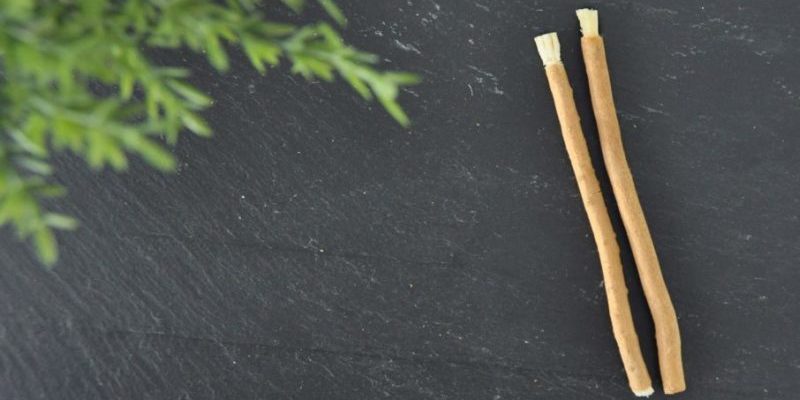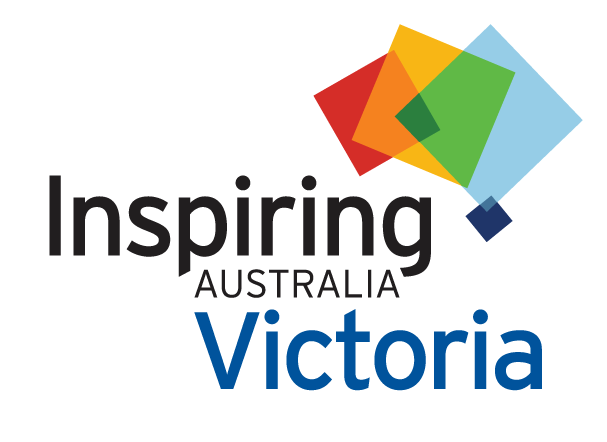
- This event has passed.
Science involved in culture – TOOTHPASTETREES
22 August 2019 @ 6:30 pm – 8:30 pm
Free
A laboratory style experimental setup of a steam distillation unit showcasing the live process of eucalyptus oil extraction. The audience can engage through their senses of sight, smell and touch and get actively involved in the discussion.
This unique science show exhibits the enthusiasm and creativity of an environmental scientist who is passionate about sustainability from a unique cultural perspective. It shares the story of the journey to Australia and culture as well as the science behind a very common practice that we all do to look after ourselves: teeth cleaning.
Miswak, a natural form of toothbrush used in Middle Eastern countries, is made from the tender roots and stems of a variety of trees including neem and eucalyptus and is reputed for its antibacterial and medicinal properties. This ancient cultural practice uses twig brush (Miswak) to brush teeth, as an alternative to toothbrushes and paste. Interspaced with photographs of beautiful trees and significant buildings from the home country of India, I will demonstrate the scientific process of extracting oil from eucalyptus leaves, which are used in Australia for Miswak. There are over 180 other trees which can be used for this purpose.
The Miswak is a fascinating cultural and scientific subject as it combines a cultural practice with scientific knowledge. Miswak has more than 70 benefits to our health more than half of which are proven scientifically through research: strengthens memory, improves eyesight, assists digestion, cures headaches, strengthens gums, prevents tooth decay and eliminates bad odour. Miswak has a long and well documented history dating back some 3500 years ago. Apart from Islam, the use of Miswak in other cultures is also well known. The Babylonians and the Romans quite extensively used it.
